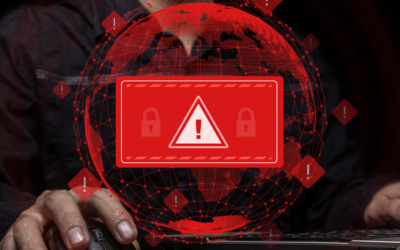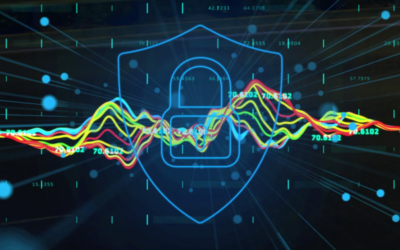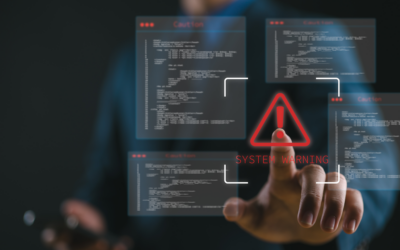Keeper Security has released its 2024 Keeper Security Insight Report, “The Future of Defense: IT Leaders Brace for Unprecedented Cyber Threats.” The survey of more than 800 IT and security leaders around the globe reveals the role emerging technology plays in the evolving threat landscape, and how IT leaders are struggling to keep up. Survey respondents cite AI-powered attacks as the most serious emerging attack vector and the most challenging to handle.
Key Takeaways
Ninety-two percent of respondents reveal they’ve seen an increase in cyber attacks year-over-year. As cybersecurity incidents become more frequent, 95% of IT leaders say that cyber attacks are also more sophisticated than ever – and they are unprepared for this new wave of threat vectors.
IT leaders share the emerging attack vectors they’re witnessing first-hand at their organizations:
- AI-powered attacks – 51%
- Deepfake technology and supply chain attacks – both 36%
- Cloud jacking – 35%
- Internet of Things (IoT) Attacks and 5G network exploits – both 34%
- Fileless attacks – 24%
Read More: Global Tensions Fuel Cyber Threats to Critical Infrastructure
IT leaders report they are ill-equipped to defeat those emerging techniques, lacking defense for:
- AI-powered attacks – 35%
- Deepfake technology – 30%
- 5G network exploits – 29%
- Cloud jacking – 25%
- Fileless attacks – 23%
Even as they prepare to overcome emerging attack techniques, IT and security leaders must face the problems of today: 73% of respondents report experiencing a cyber attack that resulted in monetary loss. Direct financial impact is one of many consequences of a successful cyber attack, along with business disruption, enduring revenue loss, customer and partner attrition, and tarnished reputation.
Combating Cyber Attacks
While novel threats cast a looming shadow, IT leaders are stretched thin as they combat today’s most common threat vectors, with the following types of attacks directly impacting their organizations:
- Phishing – 61%
- Malware – 59%
- Ransomware – 49%
- Password attacks – 38%
The explosion in AI tools has intensified problems like phishing attacks by increasing the believability of scams and enabling cybercriminals to deploy them at scale. Eighty-four percent of respondents said that phishing and smishing have become more difficult to detect with the rise in popularity of AI-powered tools, and revealed that AI-powered phishing is their top concern (42%) when it comes to AI security. In addition to phishing, malicious actors weaponize AI to speed up and scale other common attack techniques, such as password cracking.
Among the multitude of cyber attacks increasing in frequency, survey respondents cite:
- Phishing – 51%
- Malware – 49%
- Ransomware – 44%
- Password attacks – 31%
Read More: Cybersecurity Leaders Face Board Pressure to Downplay Risks
Stolen or weak passwords and credentials remain a leading cause of breaches. Fifty-two percent of survey respondents shared that their company’s IT team struggles with frequently stolen passwords, underscoring the importance of creating and safely storing strong, unique passwords for every account.
On Record
In a recent quote, Darren Guccione, CEO and Co-founder, Keeper Security, said, “Malicious actors are wreaking havoc on vulnerable organizations in novel ways, leveraging emerging technology to execute devastating cyber attacks. Fighting evolving threats requires constant adaptation, underscoring the need for a proactive approach to cybersecurity – one that combines advanced defense mechanisms and basic best practices to identify evolving threats and defeat a cyber attack.”




